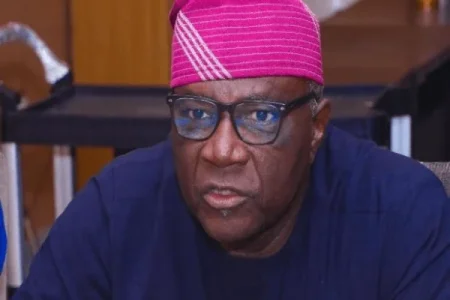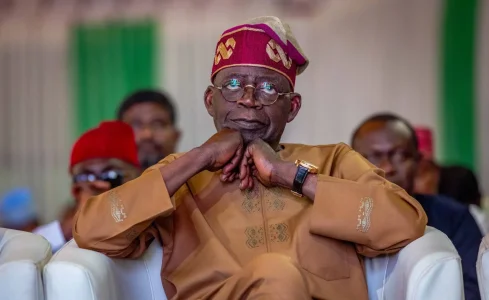
After a false report claimed key ministers were sacked, the presidency ordered action against misinformation. But critics say the response smells more like a clampdown than a correction.
- A viral false report alleged the dismissal of Nigeria’s Ministers of Defense and Power—an event that never happened.
- In response, the presidency directed security agencies to act against platforms spreading the story, calling them “unpatriotic.”
- The directive warns of criminal consequences and blames fake news for threatening national cohesion.
- Media advocates fear this could become a tool for suppressing dissent and curbing press freedom.
- Similar tactics have been used before, notably during the 2021 Twitter ban and other media restrictions.
For journalists and digital creators, the chilling effect is real. “How do we know what’s labeled fake won’t just be inconvenient truth?” a newsroom editor in Abuja asked. This uncertainty fosters fear and self-censorship, especially for outlets without government ties.
The deeper issue isn’t just false information—it’s who gets to define what’s false. Can governments fight misinformation without undermining the free press? Or is that line already being crossed?


![[VIDEO] 2027 Election: Amaechi’s Mosque Visit Draws Attention on Social Media](/data/attachments/226/226105-4c3264f63479690a2843f3daba4d18e0.jpg?hash=wnWT-Lfyli)

